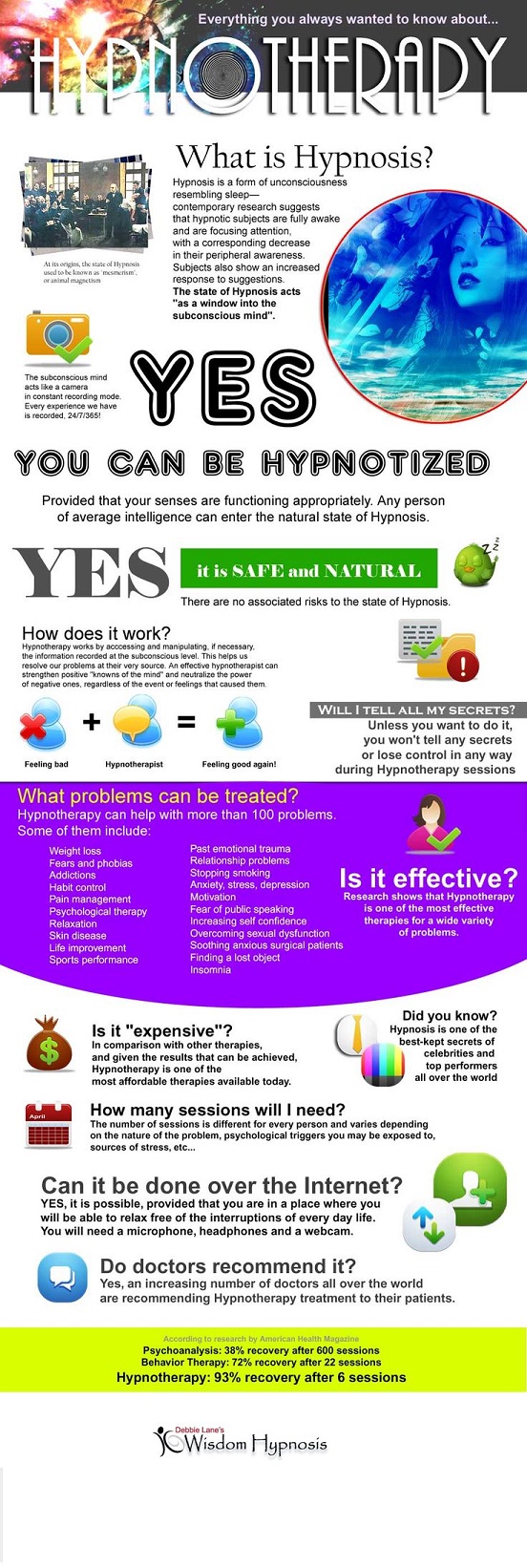I was recently asked if hypnosis could help one overcome a phobia of spiders. This individual had tried to do some searching online, but only came up with sites of hypnotists who included pictures of the spiders! Really, this is how you help someone? By scaring them off with visuals? Funny, that wasn’t a part of my training.
Hypnosis does help with fears and phobias. It is how I overcame a phobia of snakes.
What is a phobia?
First of all, let’s define what a phobia is. According to the Mayo Clinic website:
A phobia is an overwhelming and unreasonable fear of an object or situation that poses little real danger but provokes anxiety and avoidance. Unlike the brief anxiety most people feel when they give a speech or take a test, a phobia is long lasting, causes intense physical and psychological reactions, and can affect your ability to function normally at work or in social settings.
So, while phobias may not post a real threat to one’s safety, they can create a lot of havoc in one’s life. I have worked with many people who have phobias. Often they are embarrassed by their fears. What has happened is that in meaning to help; people tell them all the logical reasons that their phobia is wrong. The problem with that is that if in fact it was just logic, they would already be over it. The first thing I try to express to my client is that they are not crazy or all that different. In fact, most people have some form of “irrational behavior”. I mean really, is it all that rational for a ball player to have to put on his right sock and right shoe before his left sock and left shoe in order not to jinx a game? Is it rational that if things don’t go perfectly, we decide we are a failure? Yet, people have irrational thoughts and behaviors every day.
How to handle phobias?
Once the individual realizes that they don’t need to be embarrassed, we work on relaxation techniques. Deep breathing and muscle relaxation will help one understand that they are in control of their body, not the panic attack. It gives them a renewed sense of self control and a method to use during stressful situations. From there we can begin to challenge the negative thoughts. First by putting them into a category, such as fortune telling (the spider is going to crawl on me and bite me), over generalizing (once a dog bit me, so all dogs will now bite me) or catastrophizing (the person next to me coughed, they probably have Ebola and now I will too).
From there we work the “magic” of trance. It is during this time that we can imagine being in the presence of whatever causes the phobic reaction as calm and in control as if we were enjoying a day at the beach (or park if you are phobic of water). Giving the person a physical reminder of being calm and in control such as touching their ring finger is a useful tool for after the session as well.
Not all sessions go exactly the way I have described above, each session is as different as the person in the chair. What is a common thread however is that when leaving my office there is a much calmer and happier person than the one that first arrived.




